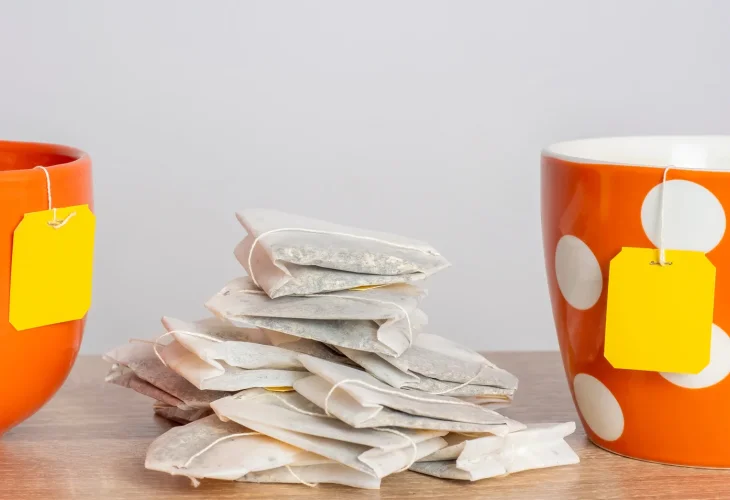Health and Nutrition
Are Tea Bags Releasing Microplastics Into Your Drink? What You Need to Know
Research finds that many tea bags may release billions of microplastic particles when brewed. Learn how to choose safer tea options and reduce your exposure.
 (Photo: shutterstock)
(Photo: shutterstock)A growing number of studies reveal that many of the products we use daily contain microscopic plastic particles. A recent study has now added another surprising item to the list: tea bags. Brewing tea using certain types of plastic tea bags may release billions of harmful microplastic particles into your drink.
While some tea bags are made entirely of paper, many others contain plastic or synthetic materials. Even those labeled as paper-based may include small amounts of plastic for sealing or durability.
Do All Tea Bags Contain Microplastics?
According to a Wall Street Journal report, tea bags are made from a variety of materials. Many are composed of plant-based fibers combined with flexible plastics like nylon or polypropylene. There are also eco-friendly options made from biodegradable materials such as polylactic acid (PLA).
Paper tea bags are generally expected to release fewer (or no) microplastics compared to plastic ones. However, the study warns that it’s not always easy to tell what your tea bag is made of just by looking at it.
In fact, a 2021 European study found microplastics in five out of six tea bag brands purchased in Ireland, even though four of them appeared to be made of paper.
 (Photo: shutterstock)
(Photo: shutterstock)How to Reduce Your Exposure to Microplastics in Tea
Choose paper-only tea bags: Although not always easy to identify, avoiding plastic-based bags is a good start.
Steep in cold water first: Briefly soaking the bag in cold water before brewing may reduce the release of microplastics.
Avoid reheating tea with the bag inside: Reheating can increase the release of particles.
Best option: loose-leaf tea: For the most natural and safest experience, skip the bag altogether and brew with loose tea leaves.
Switching to more natural brewing methods may help protect both your health and the environment, one cup at a time.

